Moving from America to Taiwan 4: Shopping and Money

Sometimes I like to go through a period where I try to be as frugal as possible. The goal is to put into question what is “truly” needed and to recalibrate my sense of comfort, challenging assumptions about what things I would miss if I didn’t have them.
Minimalism and perma-frugality aren’t long term strategies for my life. Eventually, I do want to switch back to a lifestyle that includes cool toys like cars, motorcycles, gaming laptops, korean trench coats, and shoes that don’t make me feel frumpy.
However, I think that doing a full cleanse of my physical belongings, habits, and social life allowed for an opportunity to do a full financial reset as well. Since I was overall performing less transactions, and had less expenses to worry about, it was a unique chance to evaluate every single one in detail.
For inspiration, I watched a lot of videos on cost-savings on the YouTube channel The Modern Investor. One of the primary takeaways I got from this series was the concept of seeing purchases as investments or liabilities. So during this phase, I frequently stopped to ask the question of “Does this purchase have a return on investment?”
For 10 days, I tracked my spending very consciously, averaging a cost of $29 USD per day (not including school, rent, and cell phone). Using the same formula, my daily cost of living in the US was $116 USD per day. This is of course not a scientific process, but I find it to be interesting and thought provoking to do on a personal level, painful as it is to look straight into the fact that I spent $1000 per month at Amazon and have no idea how or why.
$29 per day includes eating, fun home supplies like storage cubes and paper organizers, coffee, transportation, and a couple nights of drinking.
Where I live in Taipei, meals cost about 100NTD (about $3 USD) to 300NTD (about $9 USD). That’s 100NTD for local restaurants and street vendors, 200NTD for something premium like a sit-down restaurant, and 300NTD for something gourmet like international cuisine or sirloin steak.
Local-Level (~100NTD / ~$3 USD)

Fruits from a street vendor: ~50 cents USD each

Various sushi options: ~$3.06 USD

Fried salami and cheese sandwich: ~$2.72 USD

Some type of vegetables, ~$4.46 USD
Gourmet Level (~200 NTD / US $7)

Ramen: ~7.14 USD
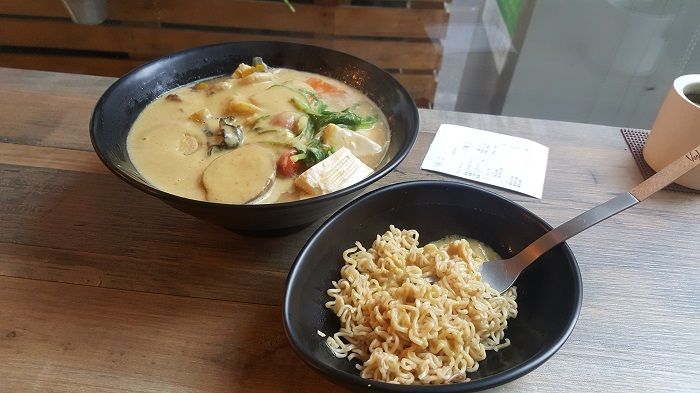
Vegetable Curry: ~$6.70
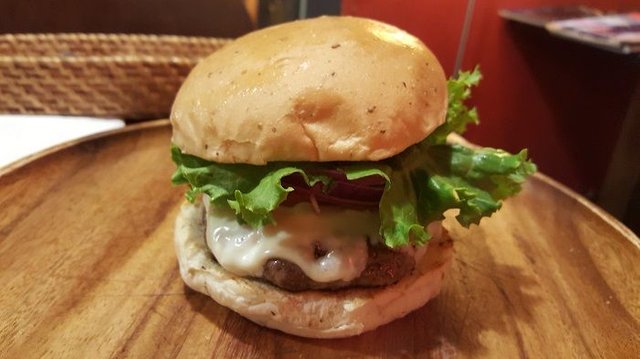
Cheese Burger: ~$6.70 USD
Splurging Level (~300NTD / ~$10 USD)
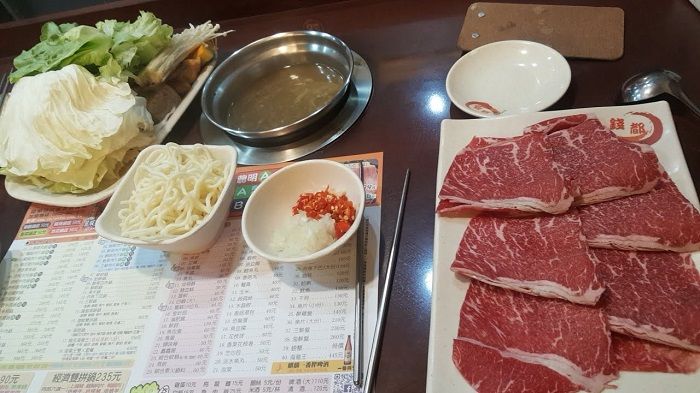
Hot pot with sirloin steak: ~$10.88 USD (underneath the lettuce = mushroom, tofu, shrimp, + other unknowns)
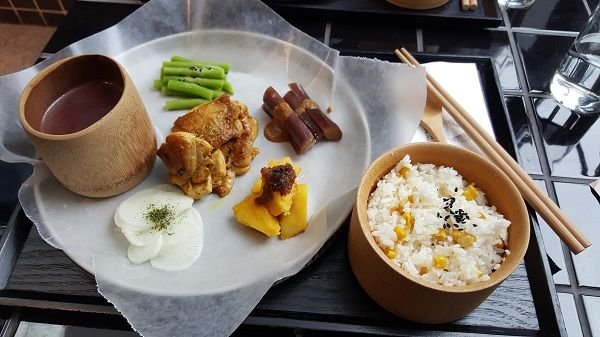
Creative chicken dish with... other stuff: ~$10.20 USD
Looking for a Bank
Right now I don’t have a good strategy for getting cash.
The process for opening up a bank in Taiwan requires a bit more than I have right now. I need to be further along in a residency process that I don’t fully understand just yet (however I’m getting there and plan to share more later once I have a better understanding). Additionally, there are some complications are China and Taiwan that I still need to fully understand.
But for the moment, I’m stuck with my US-based bank accounts. The financial institutions I have accounts with are Chase, HSBC, and Ally Invest. Currently, I haven’t yet found a way where I can get cash without paying significant fees for each withdrawal, so this feels like an opportunity space for reducing cost. However, it’s a bit complicated.
Chase
For my first transaction, I paid $10 in fees for a withdrawal of $170 (5%). For my second transaction, I paid $15 for a withdrawal of $340 (about 4%).
HSBC
According to internet research, it’s possible to withdraw funds without a “non-HSBC” fee at HSBC ATMs in Taiwan. I don’t know if there are charges for currency conversion.
Ally Invest
I have an account with Ally, but it’s not a checking account. Research shows that they reimburse some ATM fees, but I’m not sure about currency conversion. I’m also not sure if I’d be able to open an account or request a debit card remotely. Unfortunately their site is down for maintenance right now.
I think that no matter what, there’s no way I can request a new debit card from any bank be shipped directly to Taiwan. This means that I’ll have to ask a friend or pay someone from a service like Taskrabbit to ship it to me, so I have to weigh the cost of ATM fees against the cost of shipping and the cost of asking a friend for an annoying favor (no one likes to go to the post office).

I don't know the exact price of bikes, but I paid 50 cents USD to rent this one for an afternoon.
The process overall has been pretty enlightening. Like they say, it takes money to make money, so it was interesting to see how much it cost me to live and work in LA, vs. how much it costs to live right now, without the opportunity of making as much. It costs a lot to live in LA, so this process brought into question whether or not the number on my paycheck was as real as I thought it was. If you’re making a lot of money, does it really count if a large percentage of it has to go straight to rent?
I plan to continue this strategy for a little bit longer, at least until I have a better understanding of my long-term financials and income. For now, it’s a fun way to exercise my creativity. Since I’m not working, saving money is obviously important, but it’s also important to fill that gap with other disciplined practices, so being frugal is a great fit for me right now.
Sometimes I got a little too hardcore. There was a moment where I started to get sick, and considered buying a hat to stay warm. I weighed the cost of the hat ($7 USD) against the potential cost of getting sick (lost time, plus doctor bills and medicine). I laughed in this moment and realized that my thought process had gone a little bit too far. Still, it was cool to learn that I could trust myself to recognize the boundaries of when the process became impractical, like when I bought this sandwich that was microwaved in a bag.
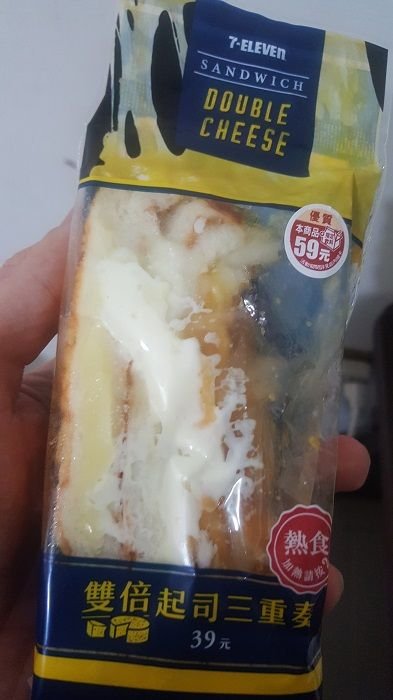
:(
I know from experience, for foreigners, dealing with banks in Taiwan is always a painful experience ;) You should be able to open a bank account with an ARC but no way you can have a credit card, unless you can find a local person to guarantee for you. Good luck!
Thank you! Yeah, seems like pursuing the ARC is the next logical step!